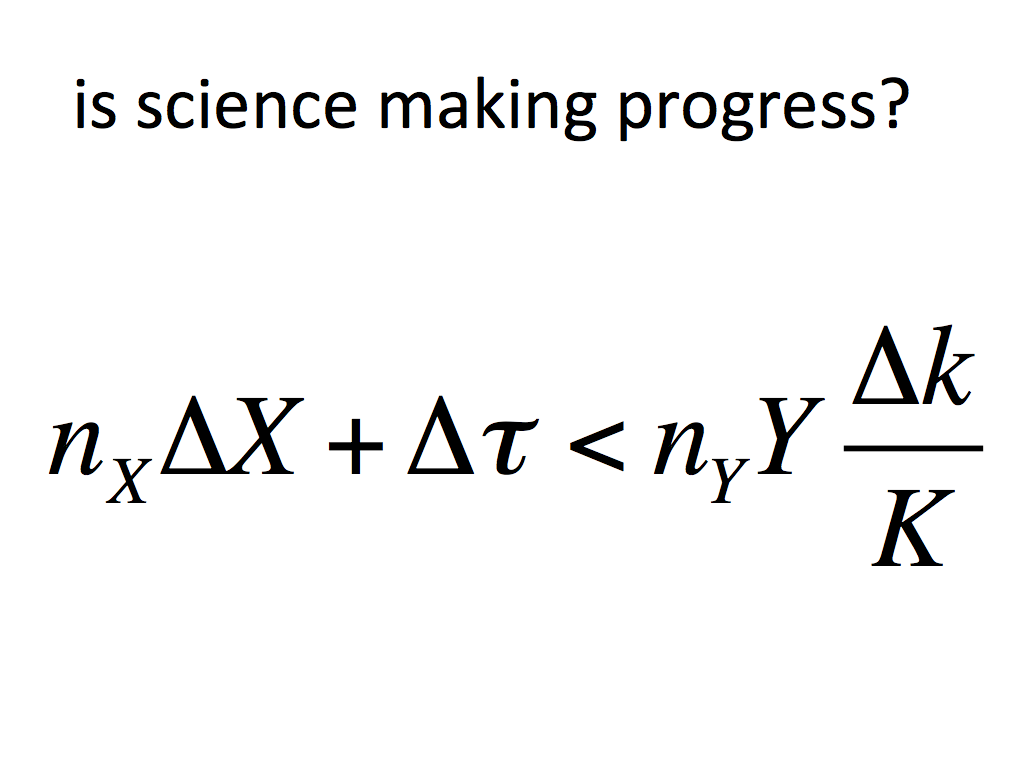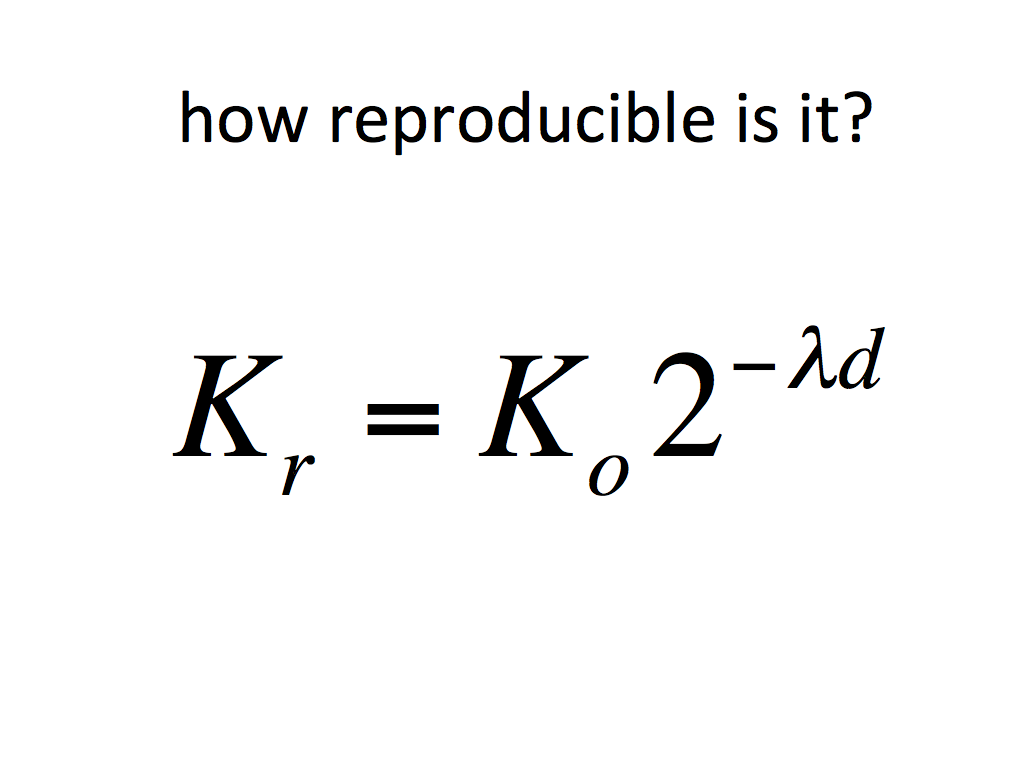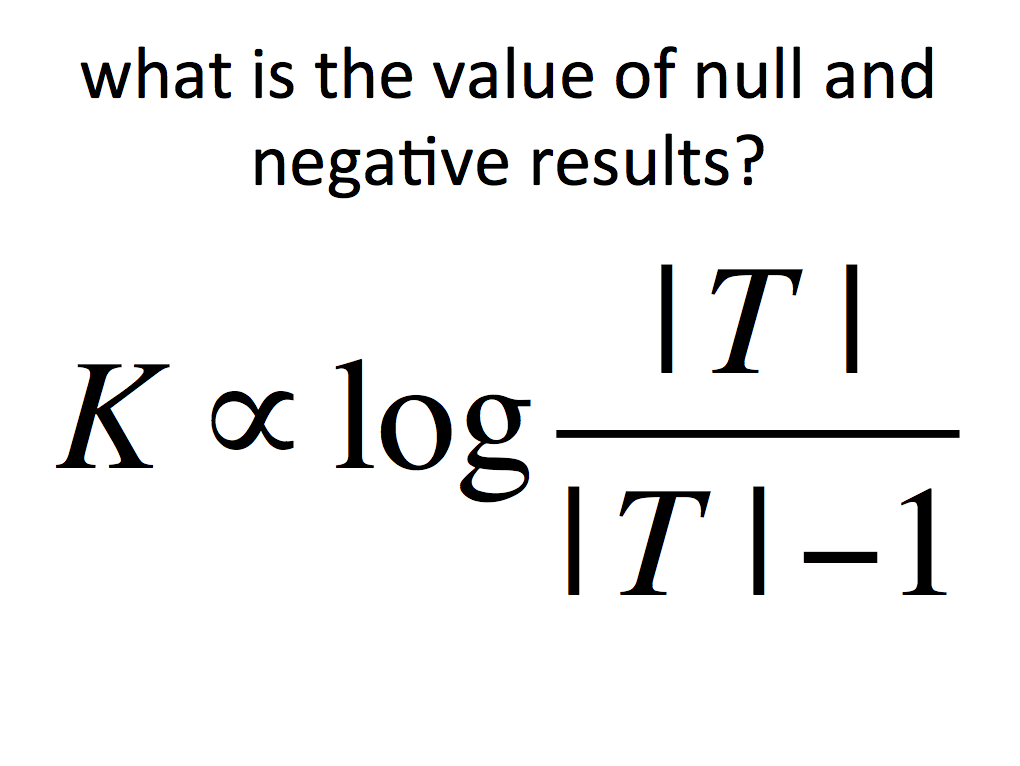Daniele Fanelli







Background
I graduated in Natural Sciences, giving exams in all fundamental disciplines, then obtained a PhD studying the behaviour and genetics of social wasps, and subsequently worked for two years as a science writer.
Since then, I have studied the nature of science itself and the mis-behaviours of scientists.
Professional highlights
I was one of the first natural scientists who specialized 24/7 in the study of scientific misconduct, bias and related issues, and have produced some of the largest studies assessing the prevalence of bias across disciplines and countries.
Some of these publications have become quite influential, and my 2009 meta-analysis on surveys about misconduct is one of the most popular papers published in the Public Library of Science, currently counting nealy 350,000 views.
My work and opinions are regularly cited in the popular press, and I have been involved at various levels with international conferences and initiatives. I am a member of the Luxemburg Agency for Research Integrity, for which I conduct investigations and give policy advice, and the Research Ethics and Bioethics Advisory Committee of CNR (Consiglio Nazionale delle Ricerche, Italy), for which I led the development of the first CNR research integrity guidelines.
I am now also an entrepreneur, as I am developing comCensus.org, a platform that aims to liberate human collective intelligence from the traps of self-censorship, polarisation and complexity.
My research interests have developed along four inter-connected themes. In reverse chronological order these include:
5) Developing new methodologies to foster scientific progress and public understanding of the scientific process. I have most recently started to test computational tools to help scientists debate and reach consensus in a way that is both public and protected, with the aim of at once divulging the state of scientific debates on controversial issues, help relevant experts communicate and reach consensus, and study how opinions change over time. This and other ideas in the pipelilne build directly from a theoretical understanding of what knowledge and progress consist in and from an empirical estimation of the challenges that increasingly face scientific progress, which are derived from the work below.
4) Theoretical understanding and modellling of knowledge. Combining ideas and tools of computational complexity, information theory, statistics, and sociology and philosophy of science, I have recently proposed an entirely new approach to understanding, measuring and forecasting scientific diversity and knowledge dynamics. Its most immediate applications include: tools to forecast the risk of bias and irreproducibility in research of all disciplines, empirical classification criteria for sciences and pseudosciences, new methods to conduct meta-analyses of the literature. Furthermore, it may expand into a quantitative methodology to study art, humour and other cognitive phenomena.
3) Measuring the prevalence of bias, scientific misconduct, and questionable research practices across all disciplines and countries. This research uncovered several new phenomena, including a correlation between the percentage of published positive results and putative “softness” of a scientific discipline.
2) Testing common hypotheses on risk factors for scientific bias and misconduct. Combining various types of study design, computational methods and statistical models, this work has produced some of the largest direct empirical tests to date, with results that have often challenged commonly held assumptions in the field.
1) Understanding the diversity of scientific fields, methodologies and practices. Following from findings in topics 1 and 2 above, I have endeavoured to assess if and how scientific disciplines vary along a variety of measurable characteristics of the published literature using a combination (e.g. stylistic properties of abstracts, modularity of co-citation networks) using computational and bibliometric techniques.
Education
- Post-Graduate Certificate (2020), Computer Science, University of Bath, UK, with distinction
- Master (2006) Science Communication University of Milan
- PhD (2005) Ethology and Animal Ecology, jointly conducted at the University of Florence and University of Copenhagen, title: Evolution of reproductive altruism and social parasitism in primitively eusocial wasps.
- Laurea (2001) Natural Sciences, University of Florence, 110/110 cum laude
Representative additional training
- Quantum Mechanics for Scientists and Engineers (2015), Stanford University Online, final grade: 84%
- New England Complex Systems Institute Winter School (2013), Complex Systems Modeling, Networks, and Data Analytics
- European Summer School for Scientometrics (2012) University of Leuven
Academic positions
- Current: Fellow in Quantitative Methodology, Department of Methodology, London School of Economics and Political Science
- 2015-2017: Senior Research Scientist at METRICS - Meta-Research Innovation Center, Stanford University.
- 2013-2014: Professeur invité at EBSI - École de Bibliothéconomie et des Sciences de l'Information, Université de Montréal, Canada, PI on various projects including the NIH-funded From countries to individuals: unravelling the causes of bias and misconduct with multilevel meta-meta-analysis; affiliated faculty at CIRST - Centre Interuniversitaire de Recherche sur la Science et la Technologie, Université du Quebec à Montreal.
- 2010-2013: Leverhulme Early Career Fellow at The University of Edinburgh, UK, on the personally conceived and developed project: Bias, misconduct and the Hierarchy of the Sciences: towards a unified science of scientific objectivity.
- 2012, February-June: Visiting fellow at the ECOOM (Centre for Research & Development Monitoring), University of Leuven, BE - bibliometrics training/research
- 2011: Visiting fellow at the Centre for the Philosophy of the Natural and Social Sciences, London School of Economics, UK - philosophical studies
- 2008-2010: Marie Curie Intra-European Fellow, The University of Edinburgh, UK, on the personally conceived and developed project: Quantifying objectivity in the natural and social sciences.
Professional service
- Member of the Luxeumburgh Agency for Research Integrity (LARI)
- Member of the Advisory Board of ENERI - European Network of Research Ethics and Research Integrity
- Member of the international program committee of the 16th Conference of the International Society for Scientometrics & Informetrics (ISSI 2017)
- Member of the Research Ethics and Bioethics Advisory Committee of CNR (Consiglio Nazionale delle Ricerche, Italy), chair of the Research Integrity Subcommitee.
- Member of the Council of Canadian Academies Expert Panel on Research Integrity, a 12-member group convened in 2010 upon mandate by the Canadian government.
- Member of the organizing committee of the 3rd World Conference on Research Integrity
- Member of the editorial board of Accountability in Research, Journal of Negative Results in Biomedicine, ScienceMatters, academic editor for PLoS ONE.
- Peer-reviewer for: journals Nature, Nature Human Behaviour, Journal of the Royal Statistical Society Series A (Statistics in Society), PLoS ONE, PLoS Biology, PLoS Medicine, PNAS, Science & Engineering Ethics, Research Policy, American Journal of Bioethics, New Ideas in Psychology, Archives of Scientific Psychology, Journal of Clinical Epidemiology,Journal of head and neck pain, Medical Law, Scientometrics, Journal of Medical Ethics, BMC Medical Ethics, Lancet, Accountability in Research, Behaviour Research Methods, Journal of Behavioral Decision Making, Behavioural Sciences & the Law, British Medical Journal Open, Social Epistemology, Sage Open, Journal of Economic Surveys, Acta Ophtalmologica, Conservation biology, eLIFE, Inquiry, PeerJ, Public Administration, Publications, Science & Technology Studies, Climatic Change, Transactions of the Royal Society of South Africa, Bmj Open, Science as Culture, Journal of the American Society for Information Science and Technology, Social Psychology, Challenges; funding agencies US National Science Foundation, Swiss National Science Foundation , Croatian Science Foundation; book publishers John Wiley & Sons, Oxford University Press.
Other interests
When I am not thinking about science, I am often exploring other facets of the cognitive spectrum. I am a regular meditator, play the piano, dabble in boxing, and have an occasional go at the figurative arts. Here are some examples of my photographs and occasional pencil drawings. One of them was amongst the winners of Stanford's 2015 SLAC Photowalk competition, which so far is the only photography competition I ever participated - that's a 100% success rate, people!


